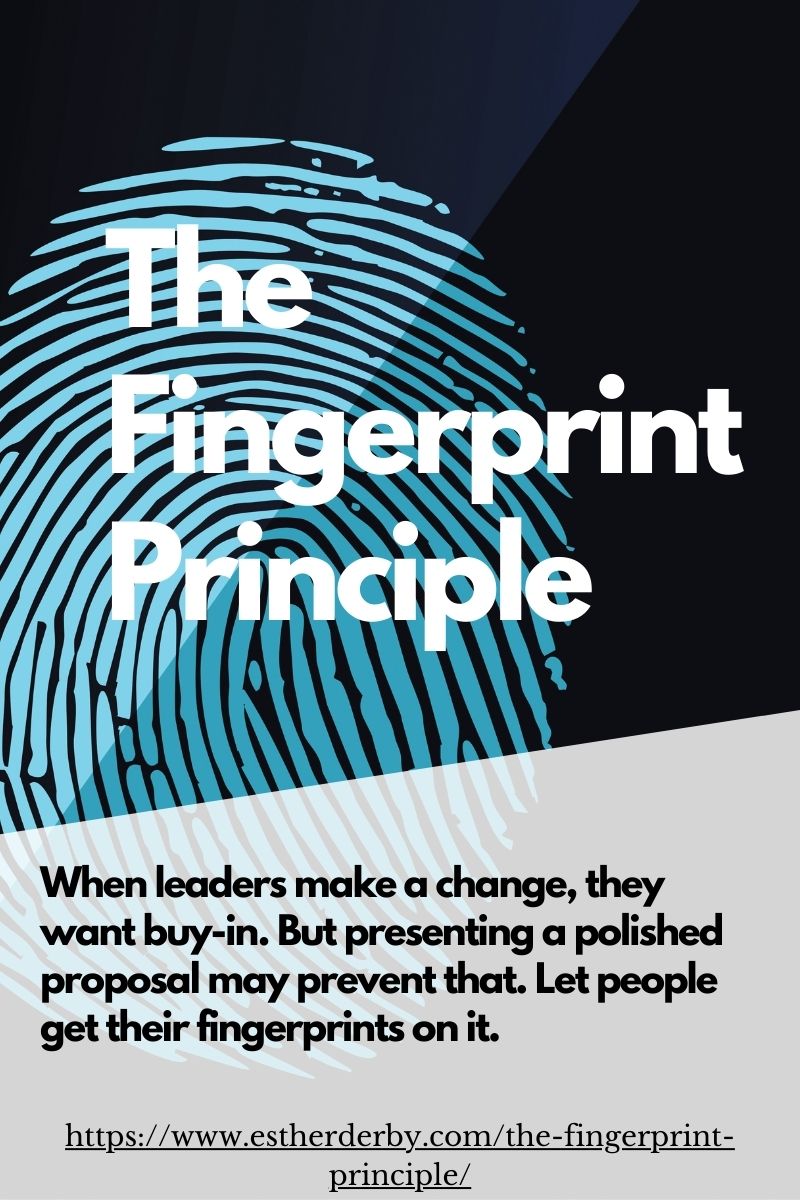Do you need a ScrumMaster, Coach, Agile Coach?
No matter the name, the intention behind the role is to help teams learn new skills, continuously improve, and make the transition to a new way of working.
Some people say it’s a technical role, others claim that the role is primarily facilitation. I say, there is no one-size-fits-all when it comes to hiring an agile coach or ScrumMaster.
Understand the Needs of Each Team
Every agile team is alike in some ways and different in others. Agile teams are alike in that they strive to work cross-functionally to deliver working software. Most of them work in iterations. But from there, differences abound. Some teams need to learn solid engineering practices. Others need help with a specific skill such as automated unit testing. Still others need coaching to become a functioning team. Many need help making the mental shift to working in feature-slices that fit into sort iterations.
If your company is just starting out with agile methods, you may not know yet what teams need. Rather than hire a generic coach who may or may not fit the needs of the team, look to an expert help you. “Help” doesn’t have to be a prolonged and expensive contract. It can be a short assessment to gauge the areas where teams need support to make a successful transition to a different way of working.
Consider the Qualities, Preferences, and Style for the Role
What exactly are you looking for in an agile coach? Understanding of the agile method you are using is obvious. What about the personal qualities, preferences and other skills needed for the role? I’ve worked with teams that needed a field marshal personality–someone who won’t be cowed by the alpha-geeks on the team. And I’ve worked with teams where a subtle touch was all that was needed, and the only thing that would have worked.
When you consider the qualities, think about disqualifies, too. I would disqualify someone who believed that there must be no deviation from canonical sources on agile methods. People are more like to accept a change when they have a hand in shaping it. So allow for shaping, but hire someone who can keep an eye on the why. That way, the team will retain the intent and essence of a practice as they adapt it to fit their unique circumstances.
I would also disqualify the coaches who have only one style, or have faulty ideas about coaching and change processes. One self-proclaimed coach bragged about making people cry in his prior assignment. Cross that one off!
Put the Two Together
Once you’ve considered what the team needs, you’ll have a list of technical skills, agile method knowledge, collaboration skills, and qualities. You will not find the ideal candidate. So note which ones are required, which are desirable and which ones are will definitely disqualify a candidate.
Consider the interactions, responsibilities and deliverables. These factors highlight the primary relationships, expectations, and integrating aspects of the role.
Consider using a role analysis such as the one I did for a ScrumMaster/Agile coach role.
Treat this Like Any Other Job Opening
Whether you are seeking internal or external candidates, treat this as any job opening. Create a job description, screen the candidates, use behavioral interview questions and auditions to find the best-fit candidates.
When you find a candidate who has the skills, desire and potential to fill a servant leader role, make sure that the organizational incentives are aligned to support the new role rather than holding the old behavioral patterns in place.
Changing a Title is Not Sufficient
Some managers decide that changing a persons title from “project manager” to “coach” is sufficient. It is not. Supporting a team and helping them up a learning curve requires a very different set of skills and preferences than those essential for project management.
Some project managers can make the transition. They understand how to create the enabling conditions for a team, how to set appropriate decisions boundaries, when to step back and when to step in. But even good candidates for the role will need role models, coaching and support to make the transition.
Don’t count on the unreliable “flip the title, flip the switch” method to fill the need for coaching new agile teams. Discern who has the potential to adapt to role that relies on personal effectiveness rather than positional authority.
Agile coach is a critical role and the person who fills it needs to be up to the job. A competent coach will help the team learn how to work cross-functionally, fit their work to short iterations, and help them avoid adapting their way back into waterfall. A coach who is a good fit will have the specific skills and qualities to help a specific team. If you are serious about realizing the benefits of agile methods, be serious about filling the role of agile coach.







Nice post. But roles do not have intentions, people do. And the intentions of management, Scrum Masters, Coaches, and players (e.g. devs) rarely match, or even overlap. Even when considering just one single position / job opening.
So, do great Coaches need to understand specific methods? I share e.g. Sir John Whitmore’s view that they do not need to (and even, should avoid doing so).
I very much concur that *dis*qualification gets applied way too *in*frequently.
And can I suggest we add “mindset” to the list of attributes you cite under “Putting theTwo Together”? A poor fit in this dimension is a definite disqualifier, imo.
I can definitely attest to the lasting damage done by a naive ‘flip the title, flip the switch’ strategy.
FInally, this might be a great place to mention Dreyfus, and in particular the value in coaches understanding the organisational (mindset) context before choosing an particular intervention / coaching posture.
– Bob
+1 to @bob – completely agree. There is yet to be created a true understanding of culture within teams and how to place individuals “correctly” within teams.
Very useful and interesting article, Esther.
I think that even people that aren’t explicitly in this role, but have adecuate mindset and personality, could achieve the goals you mention: help the team being as performant as it could be, being happier with their work, etc.
The idea of internal/external job opening could allow the internal people seize the opportunity.
Please don’t forget that a Scrum Master isn’t just for the team. They service the Product Owner and the Organization as the Agile champion. To cut their legs off and just focus on a team or a couple development teams is only part of their jobs. The entire organization, including product owner and development teams, help discover the needs the agile champion can affect. So I agree with your post if you are focusing on the 1st of 3 pieces the Scrum Master has to be engaged with. This fits in line with the Scrum Guide of 2011.
In some organizations, one individual can affect extraordinary change. But that’s not always the case.
One size does not fit all.
I really like this post.
Simple, clear, crisp, concise.
I love the ideas on the style. Another thought is to select someone who can morph styles based on the situation / personalities and stage of the Agile Transformation.
In my last Agile transformation, I began by using subtlety and peruasion, but that did not work, so I had to switch to the field marshall style.
However, as the transformation took hold, I should have done a better job in shifting to the persuasive / subtle style. Hind sight is 20-20, but the awareness and the ability to use situational leadership could help qualify / disqualify candidates.
Mike Cohn has a good preso on somewhat related ideas – Leading Self Organizing Teams – http://www.mountaingoatsoftware.com/presentations/139-leading-a-selforganizing-team